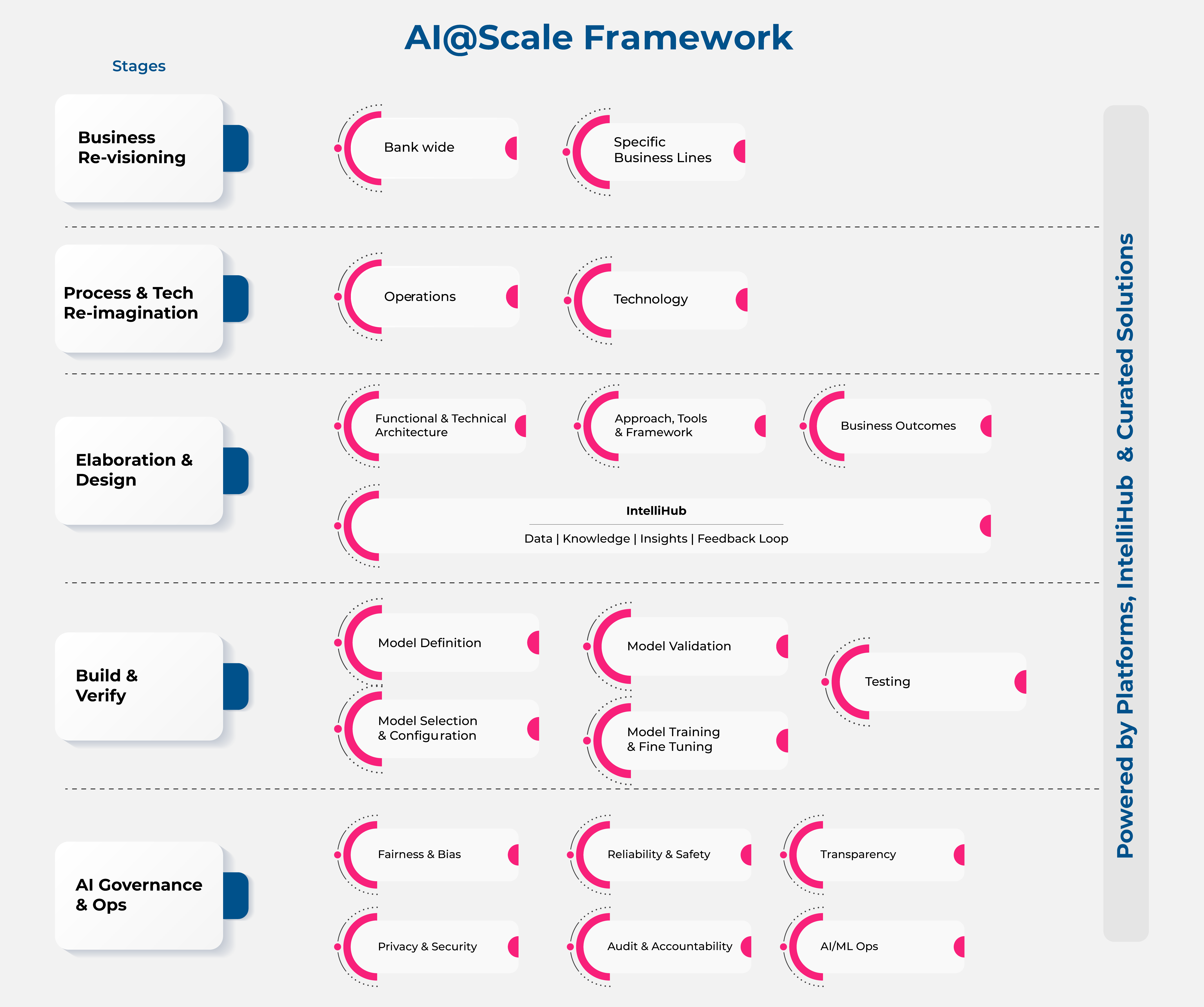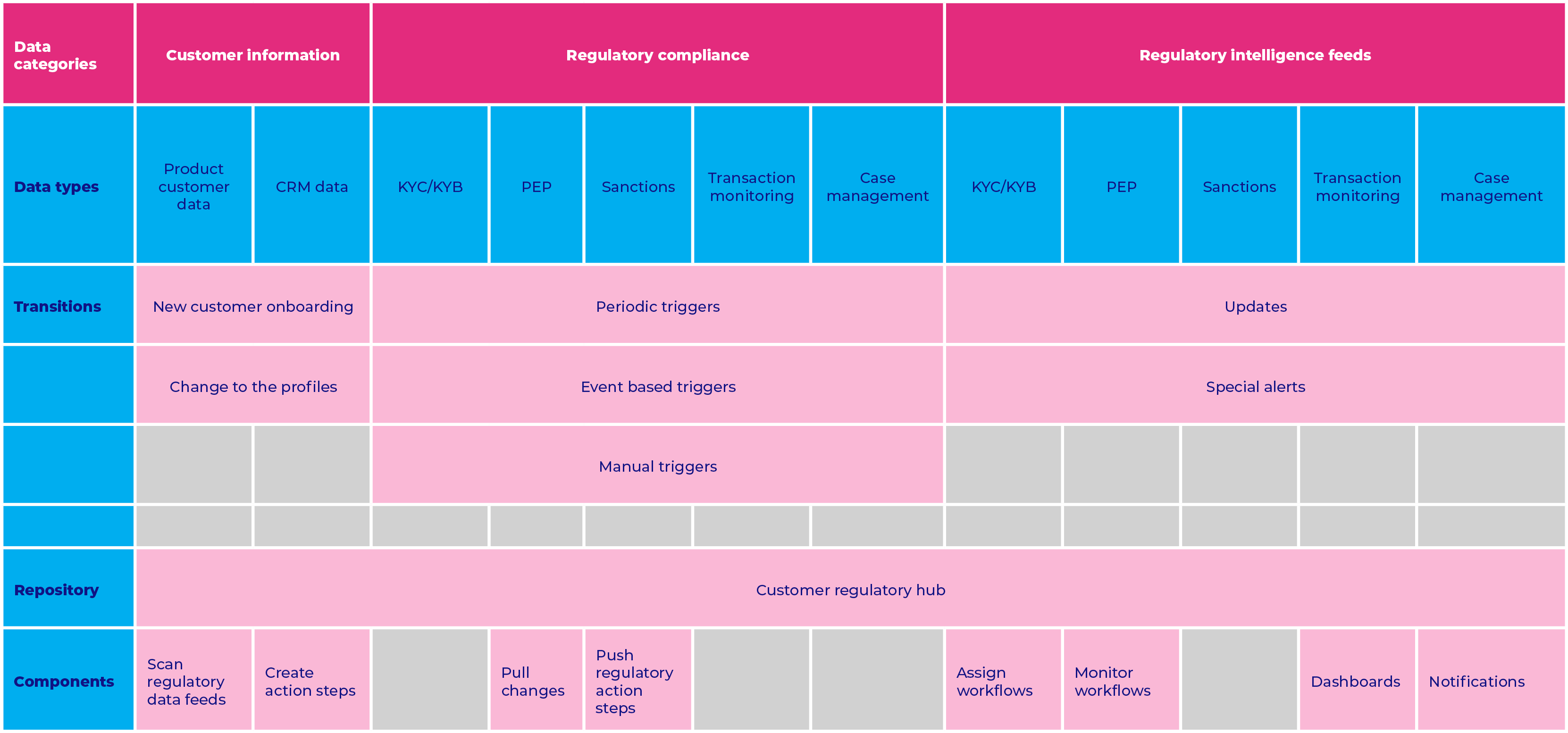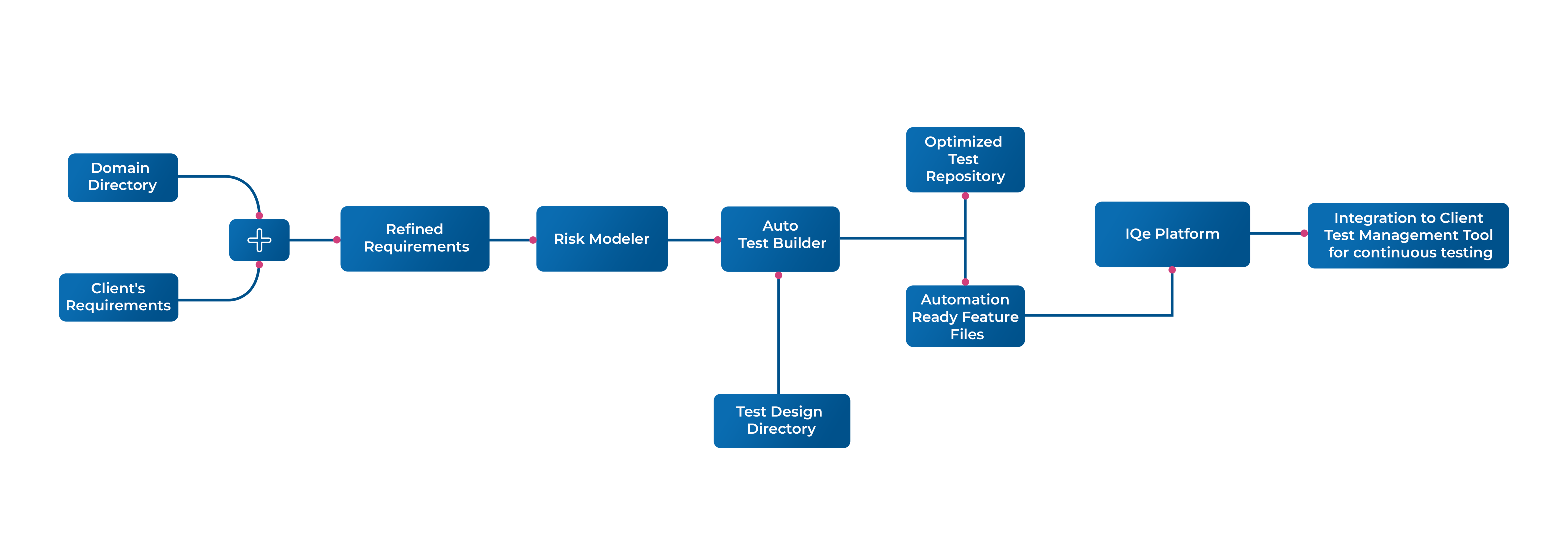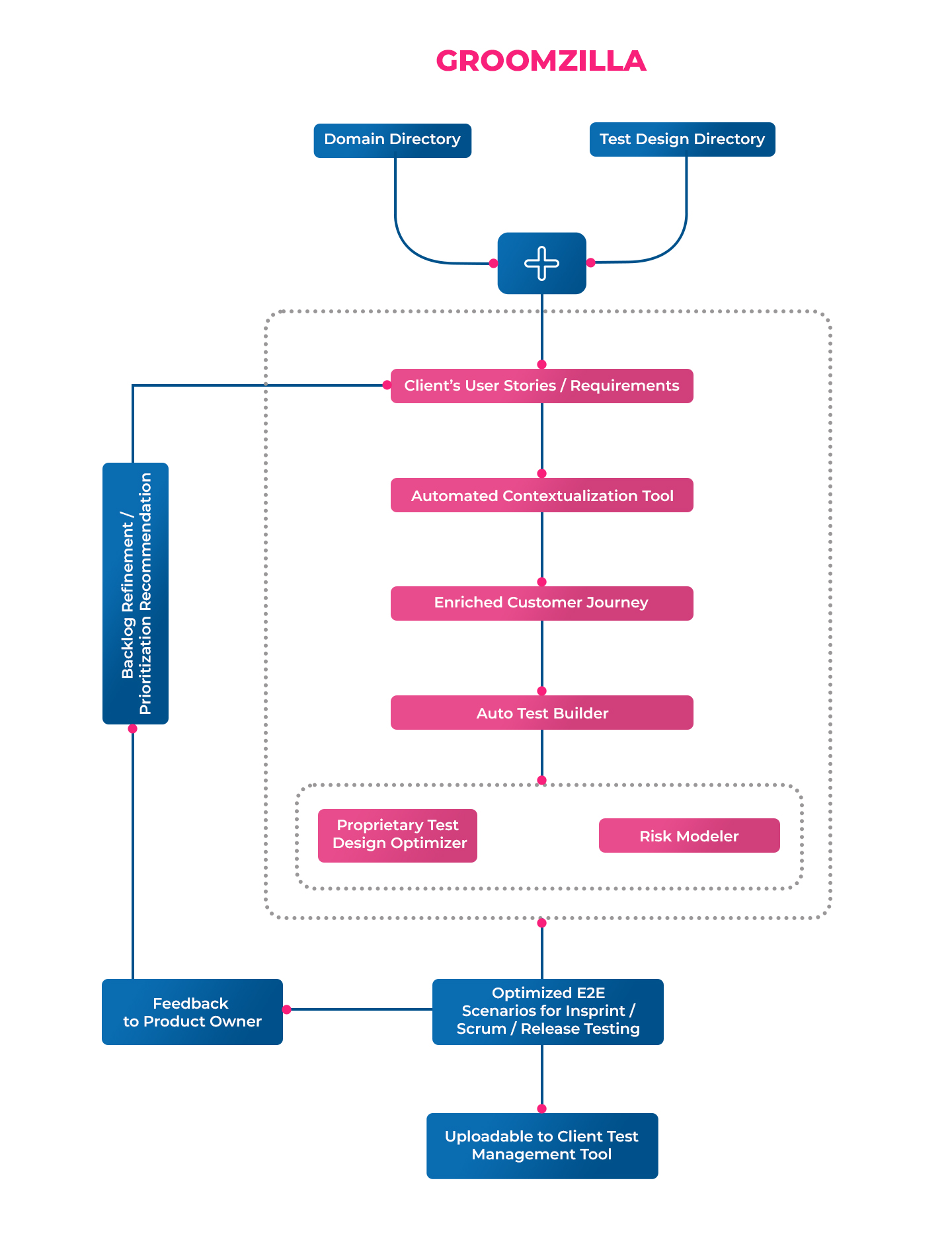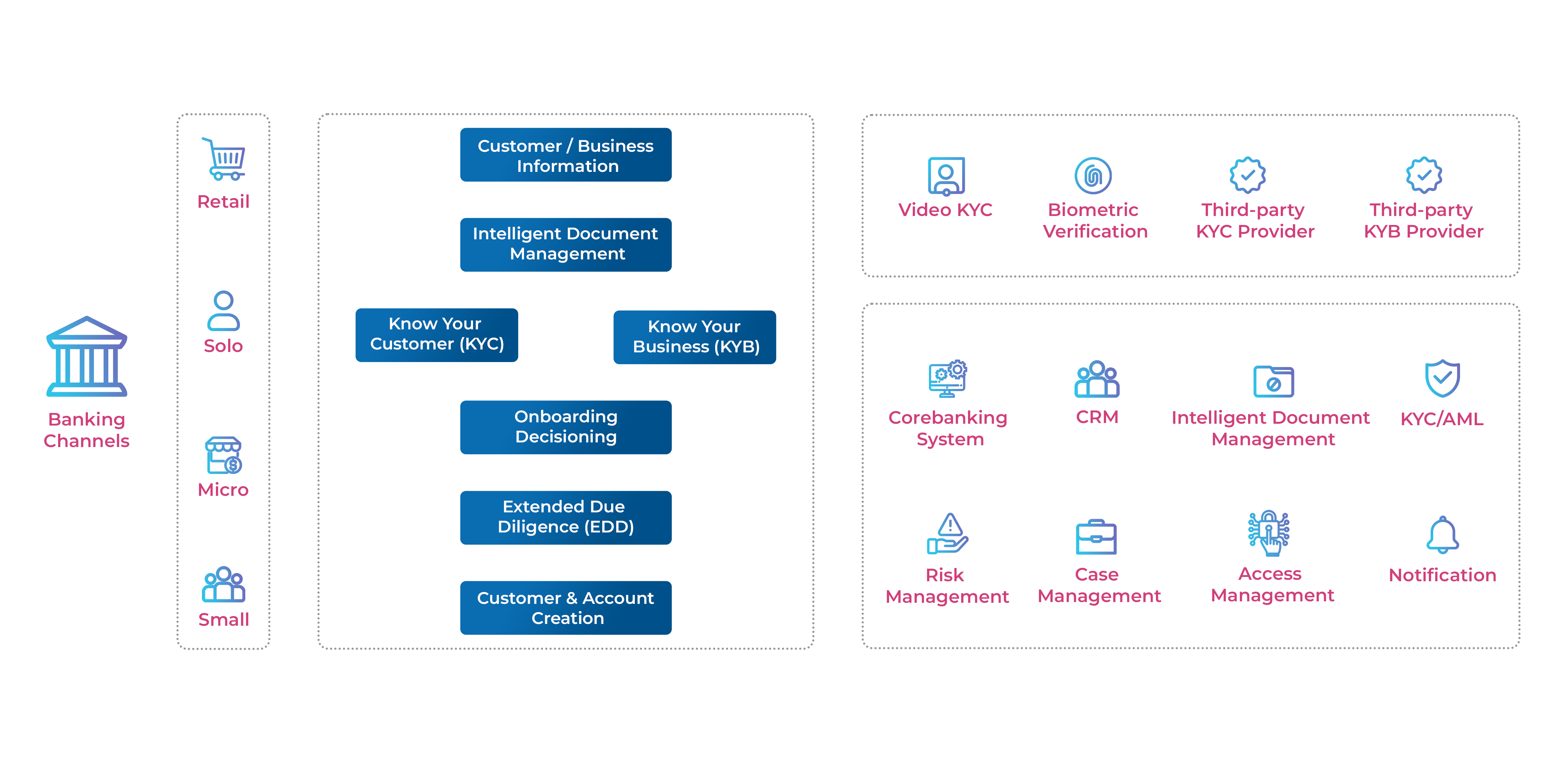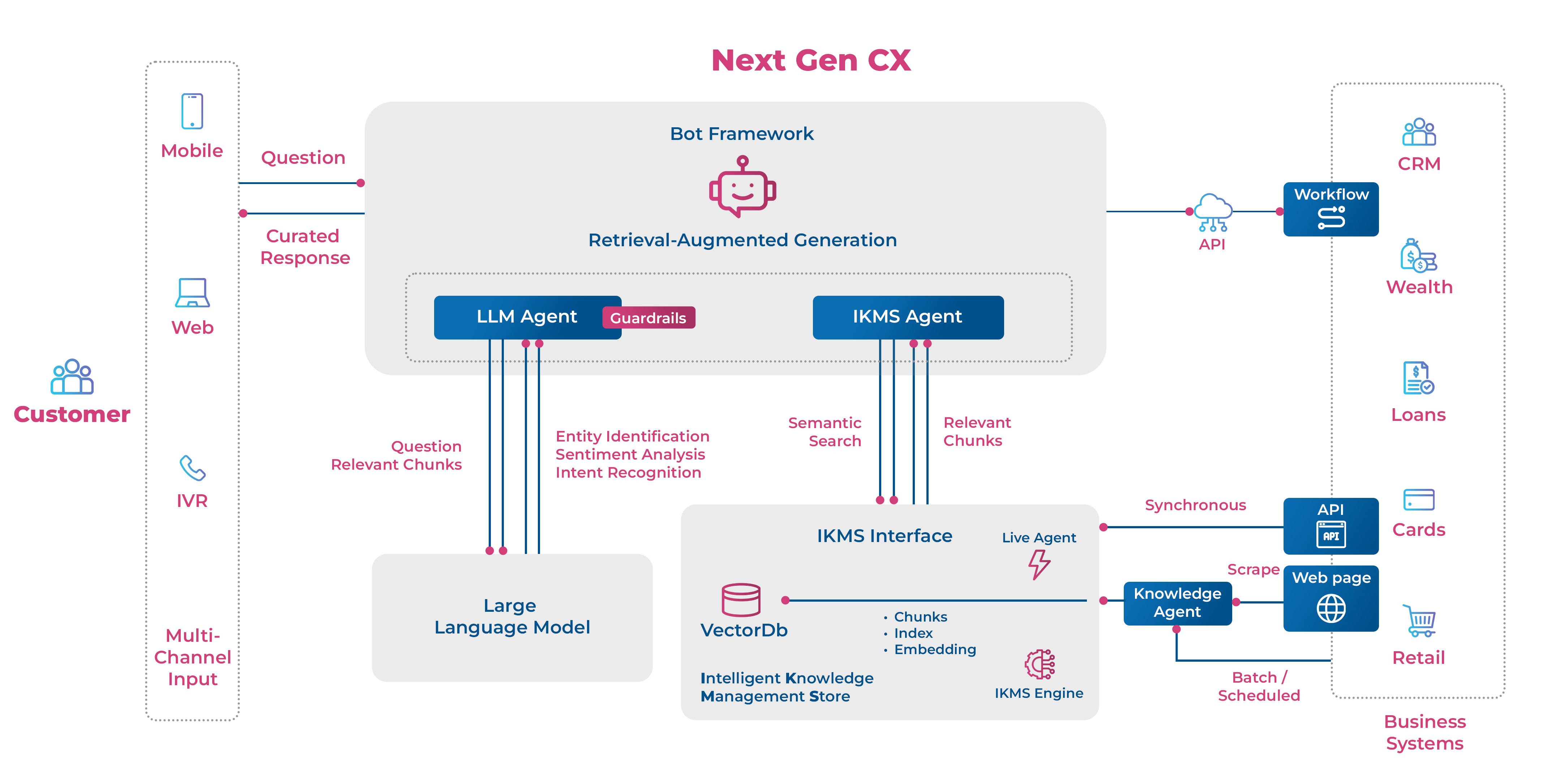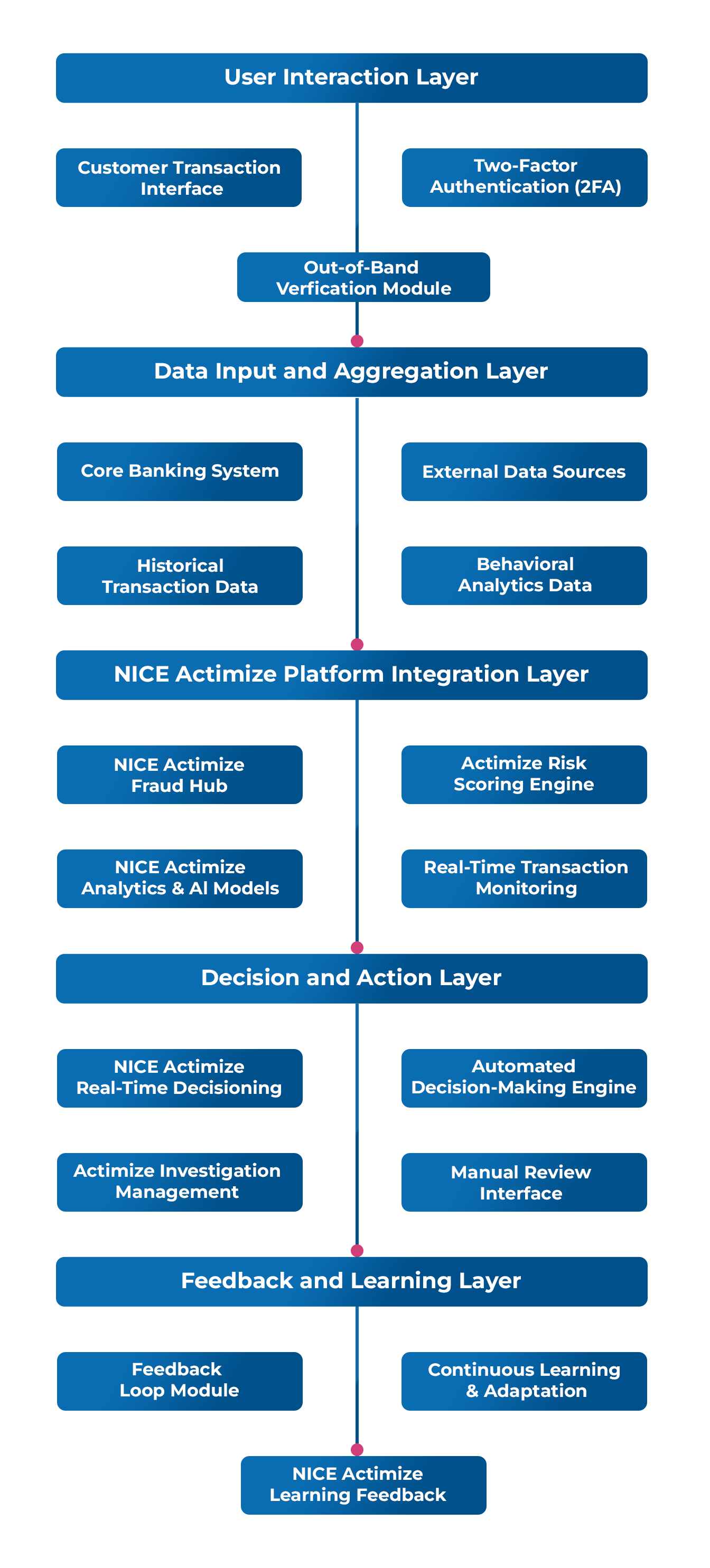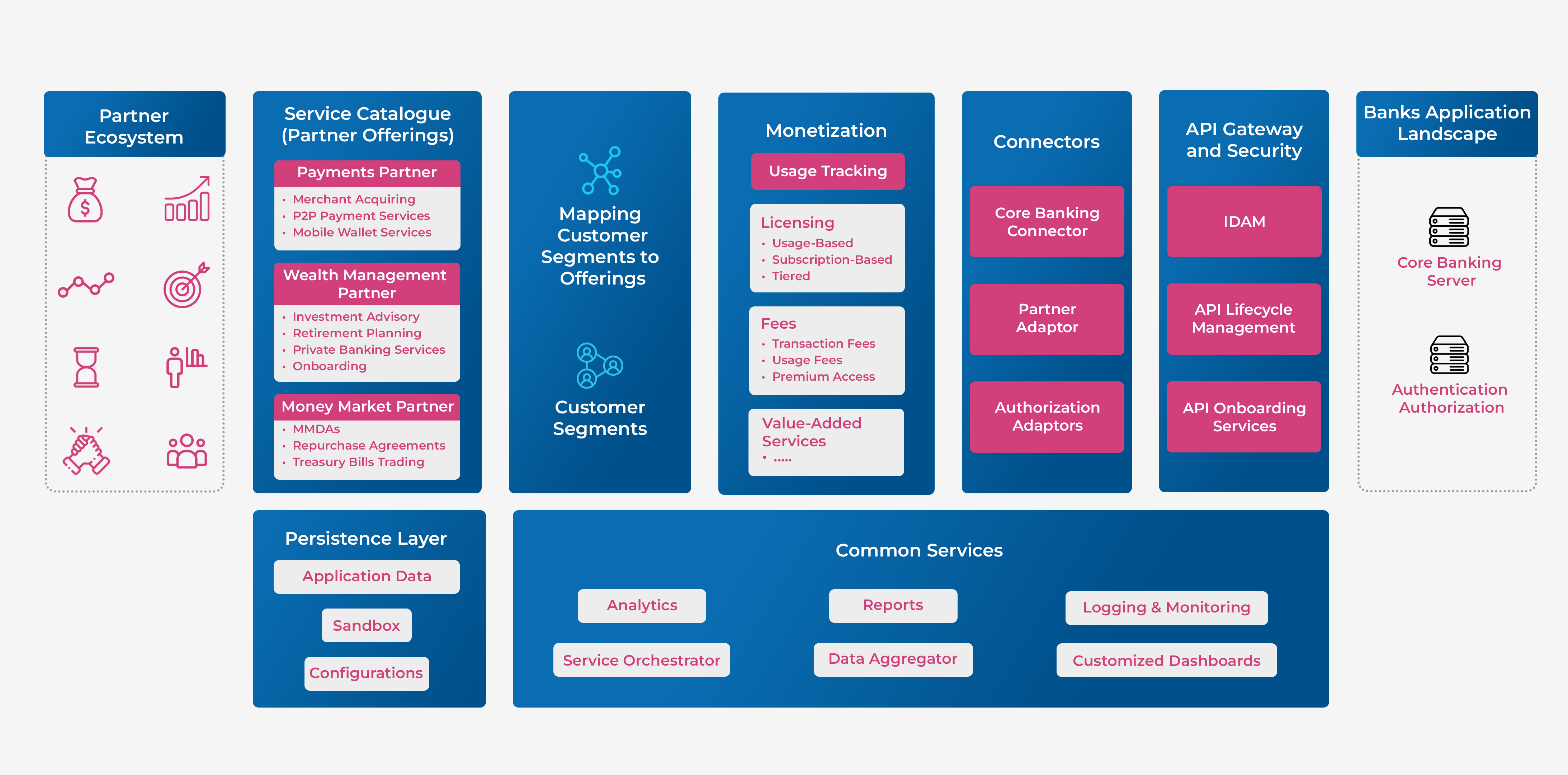As 2023 is upon us, leading FIs and banks are aware of the core trends in the wealth-management landscape, setting the stage for one of the most significant digital impacts ever.
Top trends for Wealth Management applicable for 2023
Customers are shifting to Omni-channel. Wealth management clients increasingly begin their investment journeys online, searching for businesses, conducting comparisons, selecting advisors, and following social media suggestions, as they do in many other categories. Digital outreach or digital solicitation frequently motivates clients to act. In some industries, the influence of digitization has been profound.
Mobile interactivity is fast increasing market share. The mobile channel now accounts for around 35% of customer contacts (compared to approximately 65% for the online channel) and is the fastest-growing channel in financial services.
Remote engagement is expanding. Around thirty percent of clients across all age categories are willing to work remotely with a non-local advisor. In the financial services industry, not only millennials are comfortable with distant engagement. For a more significant segment — let’s call them “millennial-minded” — the concept of engagement expands beyond digital to include remote encounters.
Personalization is an emerging battlefield where organizations that can collect and act on information about client requirements and behaviors will have the upper hand. Another area where people are developing an interest in how organizations can differentiate their offers is simplicity.
Transforming customer experience in wealth management is about turning siloed IT and business teams into champions by unlocking a collaborative and agile way of working, like the engagement Maveric Systems does for top global banks.

Top 3 Digital Technologies for Wealth Management
Wealth managers are redefining their clients’ experiences in the front office by combining new technology and human expertise. The outcomes? Raise efficiencies, enhance customer interaction, and increase revenue production.
In the back office, constant cost pressures and the demand for innovations means solutions must be more integrated, modular, and data-driven. This translates to – transformed operational models, modernized back-office tech, and seamless cloud adoption. The outcome? Flexible, scalable, and cost-effective wealth platforms that bring quicker gains with reduced risk.
To facilitate the mentioned transformation, significant technology investments are needed!
Wealth management using AI, advanced analytics, and ML
As customers today disclose more personal information with their wealth managers, they expect higher levels of customization. Wealth managers must focus on customer goals by eliminating disconnects and providing holistic advice on current investment opportunities. This is done through advanced analytics, AI, and ML (Machine Learning) by translating data into customer insights. Insights are provided via interactive dashboards.
Intelligent automation within wealth management
Be it assisting in M&A, improving compliance, or even digital documentation, intelligent automation is helping wealth management firms. For instance, the RPA (Robotic Process Automation) is one example of expediting the time-consuming process of processing investor data during mergers and acquisitions. Additionally, there are use cases of predictive analytics to deliver higher efficiency and precision.
The blockchain represents the future of wealth management.
Blockchain technology has several potential benefits for the asset management industry, including more transparency, enhanced security, and decreased costs. Wealth management organizations can store unmodifiable copies of reference data on blockchain networks. Additionally, businesses can partition their internal and external blockchain networks to protect confidentiality. As blockchain systems are inaccessible to unauthorized users, security issues can also be reduced. Also, smart contracts can monitor client books and notify clients and their financial advisors of any changes, such as a change in asset allocation so that they can be accounted for.
Conclusion
In sum, the financial services industry, particularly wealth managers, is on the edge of digital upheaval. Digital has the potential to provide considerable cost reductions via robotics and automation, alter operating and strategic models with newer ways to engage the customer, and drive unprecedented market-share gains via digital customer acquisition and service.
About Maveric Systems
Starting in 2000, Maveric Systems is a niche, domain-led Banking Tech specialist partnering with global banks to solve business challenges through emerging technology. 3000+ tech experts use proven frameworks to empower our customers to navigate a rapidly changing environment, enabling sharper definitions of their goals and measures to achieve them.
Across retail, corporate & wealth management, Maveric accelerates digital transformation through native banking domain expertise, a customer-intimacy-led delivery model, and a vibrant leadership supported by a culture of ownership.
With centers of excellence for Data, Digital, Core Banking, and Quality Engineering, Maveric teams work in 15 countries with regional delivery capabilities in Bangalore, Chennai, Dubai, London, Poland, Riyadh, and Singapore.





